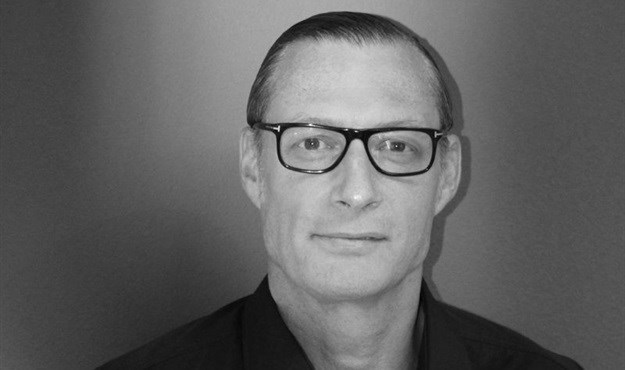The future that is discussed around the boardroom table is already here. The influx of the millennial workforce and rapid adoption of artificial intelligence in business means that leaders can no longer afford to disregard conversations about change and culture. We have entered an era of relentless change and extreme competitiveness.
Simply put, innovation and authentic engagement is what our workforce, our customers and our future is asking for in 2019. With this in mind, key factors for leaders and executives to focus on to stay ahead of the curve include:
Leaders and cultures must become more agile
The demands associated with being a leader in this moment in time often requires competencies that no amount of work experience can prepare us for, which means we need to keep learning and innovating.
Agile leaders are purposeful in their thinking and in their behaviour. They tend to reflect on how they can harness their inner strengths to deal with both internal changes as well as changes that are driven by external factors in the business environment.
Intentionally weaving the culture into the organisation’s daily narrative is key to improving the business’s overall performance. When leaders spend time crafting, engaging and inspiring company-wide commitment to the overall purpose of the business, an agile organisational culture that thrives amidst intensely competitive and rapidly changing markets will be the end result.
Agile leaders purposefully build towards their future. Drive change instead of responding to change, and your organisation’s culture will be in direct proportion to its performance.
Leaders will avoid obsolescence by evolving their personal and organisational brand
US Army General Eric Shinseki said, “If you don’t like change, you’re going to like irrelevance less.”
Authentically owning and evolving your personal brand is key to staving off obsolescence. You have to find new ways to innovate, both your own and your organisation’s brand. Don’t wait until your business is in a crisis to decide who you want to be and what values you want both the business and yourself to portray. Stay abreast of what your customers will need from you and your brand tomorrow and take the necessary steps today. Most importantly, take your team with you on the journey – they are crying out for a chance to contribute.
An organisation’s reputation is inextricably linked to the reputation of its leader. As a leader, you represent your organisation’s vision, therefore your personal brand and your organisation’s brand should represent the same characteristics and values.
Leaders and organisations will be held accountable in line with their values
In 2018, the world witnessed some of the greatest leadership crashes in recent history: Steinhoff’s public demise, KPMG’s embroilments in corruption scandal and McKinsey’s ill-fated contract with Gupta-owned company Trillian and Eskom, just to name a few that did not care to consider both their brand and their values. Each of these scandals have had devastating consequences for honest, hard-working South Africans, of which many have mobilised and made their voices heard on platforms ranging from protests to commentary on Twitter posts and letters to the press.
Increasingly, leaders and organisations are being held accountable for their decisions and subsequent actions; not only because of the profits that they make, but because citizens, activist groups and even employees are holding up the mirror of accountability to them.
Culture lies at the heart of organisational change and engagement, and leaders that are willing to make the changes necessary to put culture and engagement in its rightful place in the organisation, will reap the rewards of an innovative and successful, engaged business.
Change is a reality and it is coming at you quickly. As a leader, you have the opportunity to envision, initiate and control change. Or else, you will face the prospect of change that happens
to you as opposed to change that happens
for you.






































